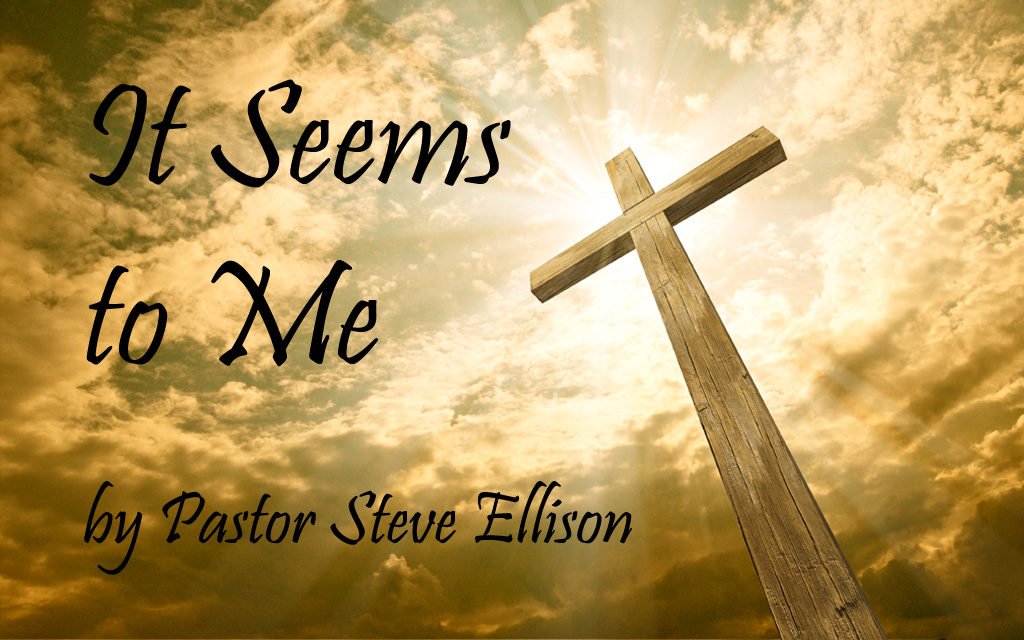by Pastor Steve Ellison
In the last part of Isaiah 14, God asks a very interesting question. It is unbelievably relevant and applicable to the modern world be it in Asia, Africa, North America, or anywhere else for that matter. Thoughtful residents of every place on the globe have many questions regarding the state of the world in general and their particular locale. We want to know what is happening, why it is happening, and what will come next. The setting of Isaiah 14:28-32 is Philistia. The Philistines were rejoicing that the Assyrian King Shalmaneser V had died. The oppression he brought would come to an end. However, God had a word for them. He told them that they had better hold off on the rejoicing. The Philistines were misinterpreting events. In fact they had no way to know what would come next. God has not left the world alone completely to its own devices. He has not removed His guiding hand. He superintends the earth. Nations rise and fall at His command. Things would get worse not better for the Philistines. Another more powerful Assyrian ruler would arise to torment them. Famine was headed their way as well.
In Isaiah 14:32 God pops the question and then answers it, “What answer shall be given to the envoys of that nation? The Lord has established Zion, and in her his afflicted people will find refuge.” (NIV) On the surface, the answer seems to have little to do with the question. The Philistines are rejoicing because the Assyrians who have oppressed them have lost their king. God told the Philistines that they will not be better off. What does Zion being established as a place for God’s chosen people have to do with the Philistines and the Assyrians? God is pointing out some facts that the Philistines ought to remember. God causes some nations to fall and others to rise. He causes the fortunes of countries to rise and fall in accordance with His perfect will. This rising and falling is often not about any one country; it is always about God’s purposes. In this case, God had enabled Israel to “break the rod” which had oppressed Philistia. Soon, God would allow Assyria to return in even greater strength. Again, this would have little or nothing to do with Philistia. In the first case, God was protecting His people; in the second case He would be chastising His people. Philistia was just caught up in the periphery. The lessons for Philistines (those who are not God’s people) are these: often your circumstances are the way they are because of how God is dealing with His people; and, the only safe place is with God’s people.
In today’s world, we see the Church as God’s people. God said His people would find refuge in Israel then, in the Church now. The Lord established or founded Zion. That is where the Israelites were to find refuge. In this age, the Lord has established His Church. That is where Christians are to find refuge. Maybe it seems to you to be simply a matter of semantics but it seems to me that there is an important distinction being made here. The Jews were not to trust in Zion. In the same way, Christians are not to put our trust in the Church, but rather in the Lord. However, the Church is still important, very important. The Christian seeks refuge in the Church because God founded it, established it, protects it, preserves it, and blesses it. If the Christian desires refuge in God, he will find it in God’s Church. If you cannot make sense of world or local events, you would do well to seek refuge in the Church. It is there that you will find the Lord and the answers you seek.





